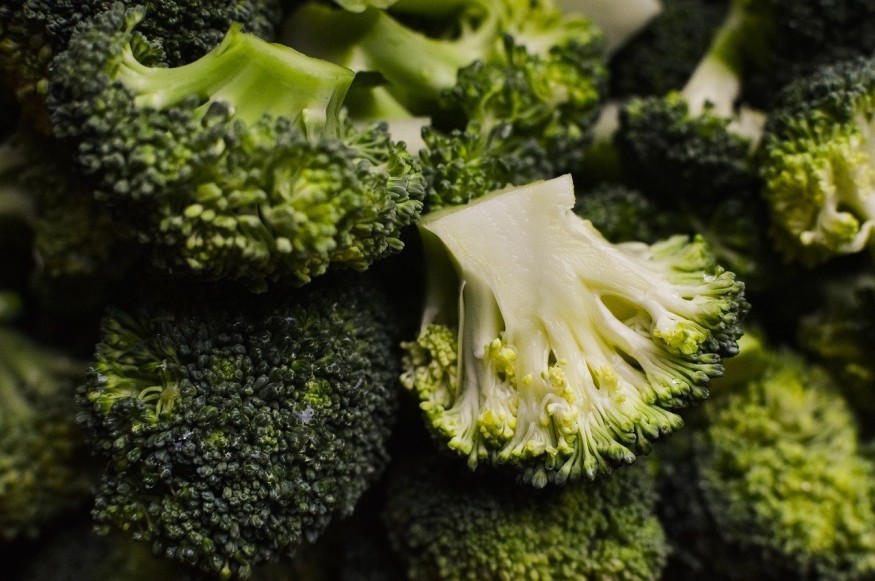
With its lush green color and distinctive florets resembling tiny trees, broccoli not only adds visual appeal to your plate but also offers a plethora of health benefits. As a member of the Brassicaceae family, alongside cauliflower, kale, and cabbage, broccoli stands out for its nutritional richness and diverse array of health-promoting properties.
Below are the different health benefits broccoli offers:
Prevents Cancer
When cruciferous vegetables like broccoli undergo chopping or chewing, they release sulforaphane, a renowned phytochemical with significant cancer-fighting capabilities, as noted by Rhyan Geiger, R.D., the Phoenix Vegan Dietitian. This powerful substance has been associated with a decreased risk of various cancers, encompassing breast, prostate, skin, colon, bladder, and oral cancers. Studies indicate that sulforaphane supports detoxification pathways, aiding in the elimination of cancer-causing chemicals and impeding the growth of cancer cells.
Strengthens Bones
A mere half-cup serving of cooked broccoli provides a remarkable 92% of the Daily Value (DV) for vitamin K, essential for activating proteins crucial in bone mineralization. Moreover, Grieger underscores that calcium isn't exclusive to milk; surprisingly, raw broccoli yields approximately 43 milligrams (3% of the DV) of calcium per cup, offering a modest yet valuable enhancement of this bone-strengthening mineral.
Keeps the Heart Healthy
Rich in fiber, antioxidants, and anti-inflammatory compounds, broccoli has demonstrated its ability to lower cholesterol levels, enhance blood pressure, and support cardiac function. Eating Well cited a study published in the Journal of the American Heart Association that found that consuming a higher quantity of cruciferous vegetables, including broccoli, is associated with a decreased risk of atherosclerosis, the accumulation of plaque in arteries, as elucidated by Geiger.
Keeps the Gut Healthy
Broccoli emerges as a commendable source of prebiotic fiber, essential for nurturing beneficial gut bacteria and safeguarding the integrity of your intestinal lining. Notably, broccoli facilitates a harmonious balance of gut bacteria by enhancing the ratio of Bacteroidetes to Firmicutes, the predominant bacterial groups inhabiting your gut. Additionally, the dietary fiber found in broccoli promotes regular bowel movements, aiding in the prevention of constipation, as highlighted by Gieger.
Supports the Immune System
One cup of chopped broccoli encompasses 90% of the Daily Value (DV) for vitamin C, surpassing the content found in a medium-sized orange. Additionally, studies indicate that sulforaphane, present in broccoli, stimulates antioxidant enzymes and diminishes inflammatory molecules, contributing to the combat against bacterial and viral infections.
Potential Downsides and Precautions
While broccoli is generally safe for consumption, people taking blood-thinning medications should maintain consistent vitamin K intake to avoid interactions. Additionally, some people may experience digestive discomfort when consuming cruciferous vegetables like broccoli.
Incorporating broccoli into your diet can provide a myriad of health benefits, but it's essential to consult with your healthcare provider, especially if you have specific medical conditions or concerns.
